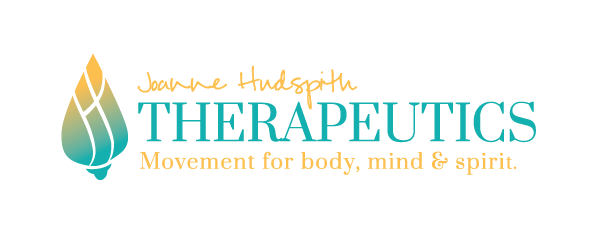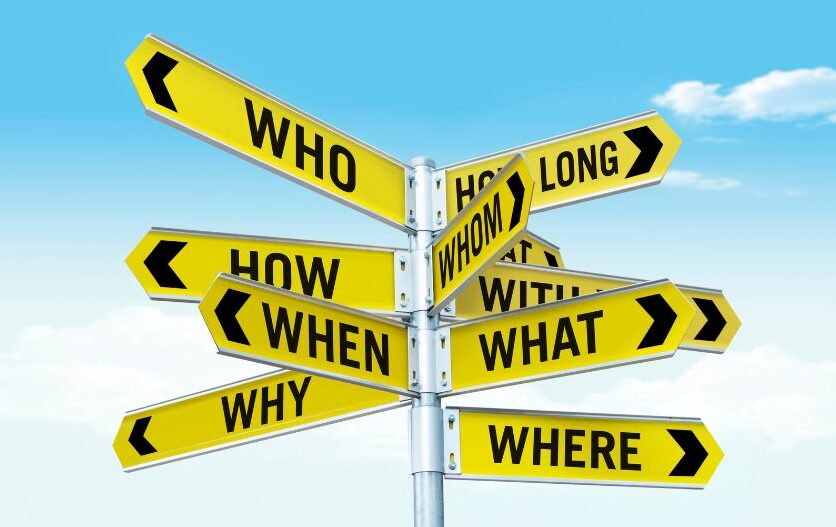I took a walk in the woods recently with my sister and five-year-old niece. My niece was trying to climb onto a log and looked back at her mom for encouragement. My sister responded by reminding my niece that she was okay, that she could do hard things when she tried. As my niece clambered onto the log, my sister and I confided to each other that we both need to take that advice more often. We talked about our desire to be good at something and how we’d like to start our learning curve at the top, avoiding the failures that almost inevitably accompany the learning of a new skill.
I’ve been knitting for about thirteen years now, and I still remember the first sock I made. It was awful. So awful that I didn’t bother to make a second one and threw the needles down in frustration, anger and disgust. My husband just looked at me and calmly said, “It was your first sock – did you think it would be perfect?” I wanted to knit beautiful things for myself and for my family, but I didn’t understand that being bad at knitting was a necessary first step to getting good at it. I also didn’t understand that not being good at knitting wasn’t a personal short-coming or failure, but simply an indication that I hadn’t practiced.
What do you want to be good at? What are you practicing?
If I want to get better at knitting, I need to knit. If I practice knitting, I’ll get good at it. If I’m practicing getting frustrated and seeing myself as a failure, I’ll get good at that.
We can ask ourselves these questions about pretty much everything in life. The answers can be quite simple when it comes to skills like cooking, knitting, or learning a new exercise or movement.
The process gets a bit more interesting and complex when it comes to the skills needed to be in relationship with others and with ourselves. Listening is a good skill to look at a bit more closely.
I feel hurt and disrespected when I am not heard; and I wonder why do I even bother talking to people who are unwilling or unable to listen to me? I like to think I’m a good listener, but I have to admit that there are many times when I get distracted and tune out or stop listening as I formulate what I’m about to say. As I practice and improve my listening skills, I can communicate more effectively in my relationships.
We’ve all heard or said the phrase “listen to your body” at some point in our lives, and most of us agree that it’s good advice. But what does it mean to listen to your body? It means becoming aware of sensations on an increasingly subtle level and making choices based on what you’re feeling. It means being willing and able to feel what is really being said, not just what you want to hear. As you practice this deep listening, you’ll get better at interpreting the messages you’re receiving, your choices will be more accurate, and you’ll spend less time in pain and more time enjoying life. And don’t forget that this is a process, and that we often learn more from our mistakes than from what we get right.
Luckily, we are always changing, and life throws us lots of curve balls, so we have the opportunity to practice this listening for the rest of our lives. There will always be something new to deal with, something new to learn, another opportunity to care for ourselves. And when it feels like you’ve hit a wall, ask yourself these questions:
What do I want to get better at? What am I practicing?




